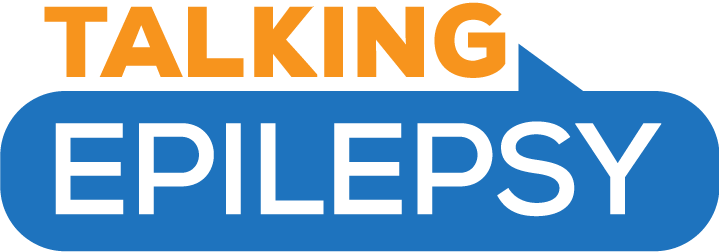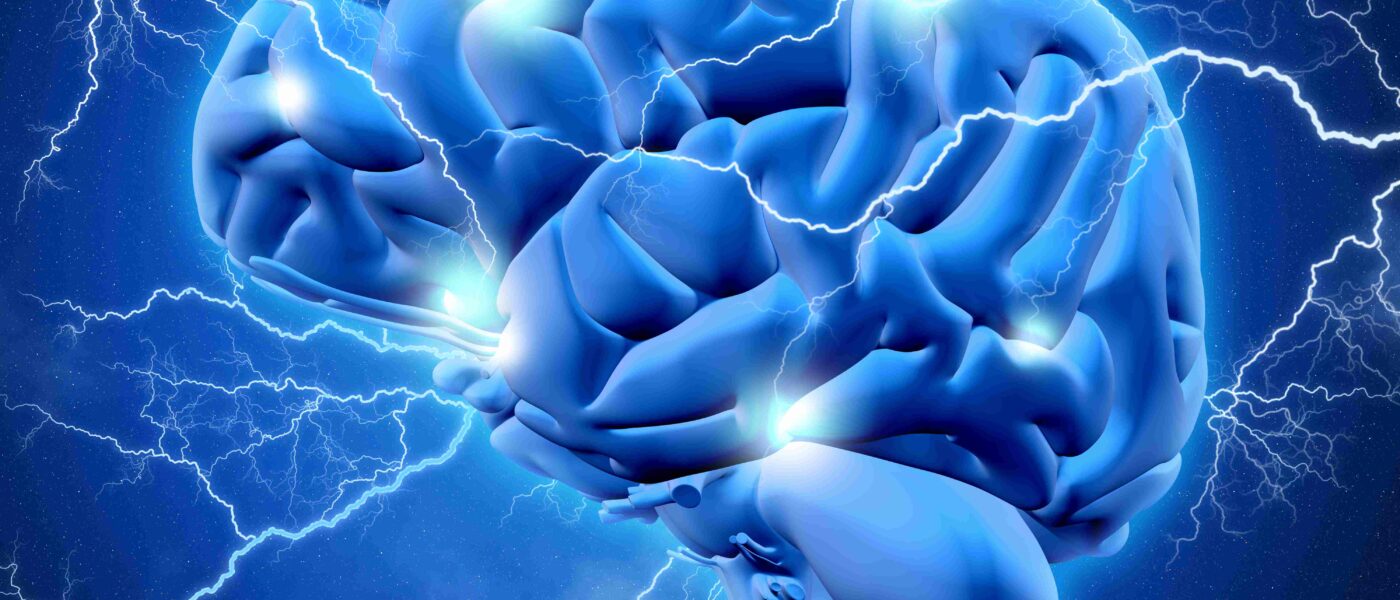Personalized Brain Stimulation Offers New Hope for Drug-Resistant Epilepsy
A groundbreaking study published in Brain Communications highlights a significant advancement in the treatment of drug-resistant epilepsy. Researchers at Mayo Clinic have developed a novel deep brain stimulation (DBS) platform that goes beyond simply reducing seizures, demonstrating the potential to also improve memory and sleep – two common and often debilitating issues for individuals living with this challenging neurological condition.
Epilepsy, a disorder characterized by recurrent seizures, affects millions worldwide and can significantly impact memory, emotions, and sleep patterns. Alarmingly, many cases prove resistant to traditional drug therapies, leaving patients with limited treatment options and a substantial burden on their daily lives. This new research offers a much-needed glimmer of hope.
The innovative DBS platform developed at Mayo Clinic utilizes an implanted investigational device coupled with sophisticated technology. This system continuously monitors the patient’s brain activity in real-time, employing artificial intelligence (AI) to accurately track both seizures and sleep patterns. Simultaneously, a secure cloud-based platform gathers data on the participant’s behavior, memory function, and mood, all within the comfort of their own home.
Dr. Gregory Worrell, a neurologist at Mayo Clinic and a co-lead author of the study, emphasized the power of this integrated approach: “By using an implanted investigational device that continuously monitors brain activity with AI-driven seizure and sleep tracking, and a cloud-based platform that simultaneously assessed participants’ behavior, memory and mood at home, we gained unprecedented insight. This real-time data enabled us to precisely fine-tune the stimulation settings for each individual, maximizing the therapeutic benefits while carefully minimizing any potential side effects.”
Dr. Vaclav Kremen, a Mayo Clinic researcher and the other co-lead author, further explained the advantages of this continuous monitoring: “Traditional methods often rely on patients’ self-reported seizure diaries, which can be inaccurate. Our implanted device provides a much more objective and continuous stream of brain activity data. This allows us to detect seizures with greater precision and optimize deep brain stimulation in real-time, leading to more effective and truly personalized treatment strategies.”
The researchers meticulously followed five patients diagnosed with temporal lobe epilepsy throughout their course of personalized DBS therapy. The advanced system allowed these patients to remotely track their own brain activity and associated symptoms, providing their medical team with a rich and detailed dataset reflecting their real-world experiences. This wealth of information proved invaluable in tailoring the stimulation parameters to each individual’s unique needs.
The success of this innovative technology suggests a promising new avenue for treating individuals with drug-resistant epilepsy, potentially offering them a better quality of life with fewer seizures and improvements in crucial cognitive and sleep functions. Furthermore, the researchers believe that the principles and technologies developed in this study could be adapted and expanded to address other complex neurological and psychiatric disorders in the future, paving the way for a new era of personalized neurotherapeutics.
Dr. Jamie Van Gompel, a neurosurgeon at Mayo Clinic and a co-author of the study, highlighted the broader implications of this work: “Our study powerfully demonstrates the transformative potential of emerging neurotechnology to treat human disease, offering hope where traditional treatments have fallen short.”
Dr. Worrell concluded by emphasizing the interdisciplinary nature of this breakthrough: “Combining the deep understanding of neuroscience with the power of advanced engineering and artificial intelligence, our work is paving the way for a future of more personalized and significantly more effective treatments for epilepsy and a range of other challenging brain disorders, ultimately aiming to improve the lives of countless individuals.”
Source: Mayo Clinic, April 7 2025

